
“I’m fine” rolls off the tongue so easily that it barely leaves a ripple. It’s the kind of response that moves things along without stirring up deeper talk. But behind that calm tone, something more complex might be happening. This article reveals 10 things adult kids may be really expressing with those two words.
I Don’t Want To Burden You

Sometimes silence is a gesture of care. Instead of sharing stress, many adult children hold it in, with the belief that it might weigh too heavily on you. This sense of guilt keeps them quiet, and “I’m fine” becomes a signal of love, not avoidance or distance.
I’m Still Processing It Myself
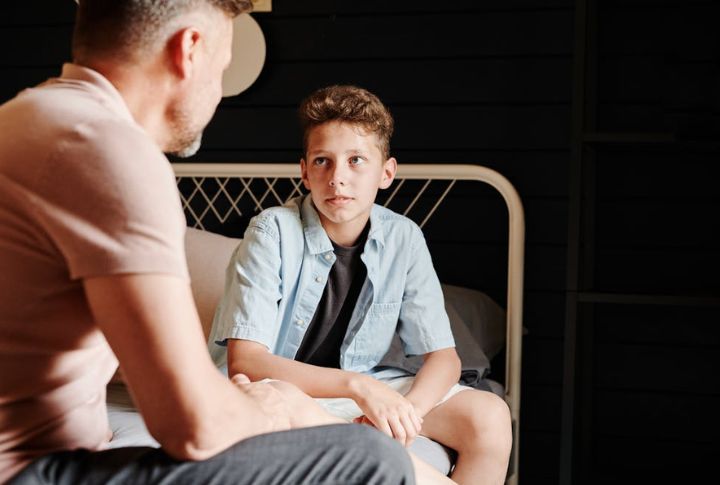
They might not say much right away, and that’s okay. In emotionally charged seasons, many adult kids need time to figure out what they feel. Openness follows understanding, not the other way around. And until then, “I’m fine” gives them space to protect what’s still unfolding.
I Need Space Right Now
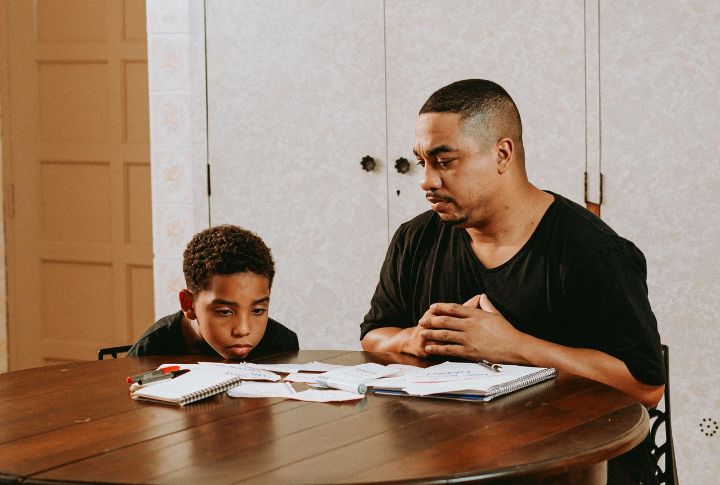
Every relationship benefits from breathing room, and that’s what many grown children signal when they go quiet. Saying “I’m fine” can mark a moment of pause rather than pushback. During that space, they’re probably regrouping in ways that can help them communicate better later.
Things Feel Out Of Control

Some days feel like everything’s shifting at once. In those moments, “I’m fine” becomes a verbal anchor, used to keep control when chaos creeps in. Adult kids may choose calm phrases over full honesty while they focus on problem-solving, and speaking less helps them stabilize what feels unsteady.
I’m Afraid You’ll Judge Me

There’s vulnerability in opening up, and fear can close that door fast. Grown children may default to “I’m fine” to avoid disappointing someone they care about. Here, the words act like armor, especially when past conversations left them feeling exposed or unsure of how they’d be received.
I Haven’t Found The Right Words Yet
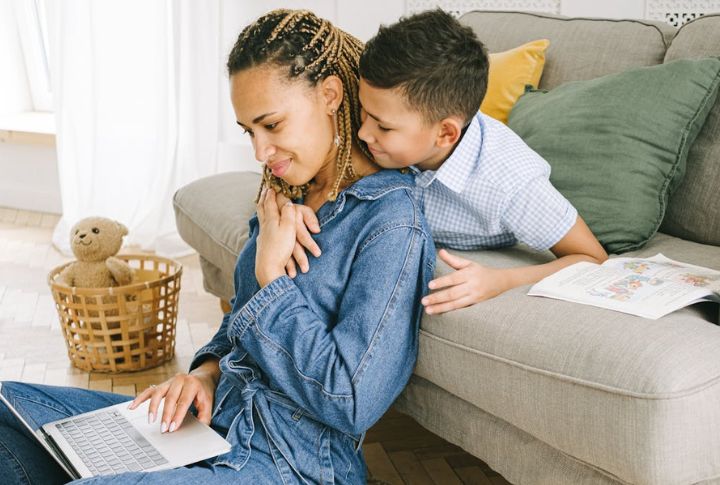
At times, thoughts take time to form. Instead of forcing messy feelings into tidy explanations, grown kids sometimes pause and let things unfold. “I’m fine” becomes a placeholder—a way to hold space until expression catches up. At this point in time, it signals the start of a conversation, not the end.
I’m Trying To Convince Myself I Am

Saying “I’m fine” can sound like confidence, but sometimes it’s a self-directed pep talk. Often, adult children repeat the phrase to steady themselves through uncertainty. It isn’t always for you, it’s for them. That hopeful tone? It’s part denial, part encouragement, and entirely human.
I’m Protecting My Independence

Maintaining independence matters, even when emotions run high. And “I’m fine” helps adult children project strength while holding onto their sense of self. At this moment, vulnerability can feel like slipping backward. So instead, they draw boundaries with words that signal they’re capable, even if they’re stretched thin.
You Wouldn’t Understand Anyway
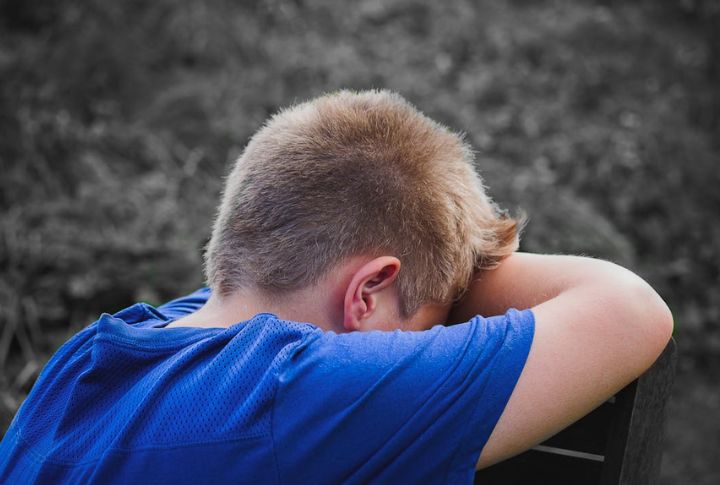
Some adult children have tried to share, only to feel dismissed or misunderstood. That history makes “I’m fine” a safer route, as it avoids another failed attempt at connection. The phrase, in many cases, reflects what they expect might happen if they speak fully.
I Want You To Trust That I Can Handle It
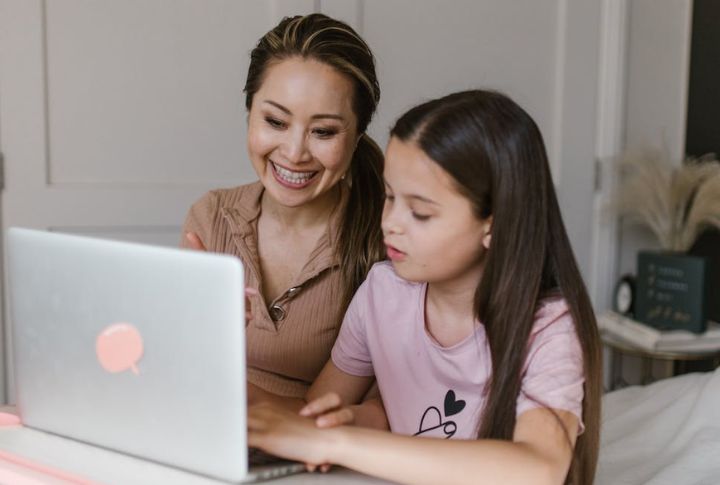
They want reassurance without needing rescue, and by saying “I’m fine,” adult children are asking to be seen as capable. They’re not denying stress; rather, they’re owning it. That effort to stay steady is particularly about preserving your confidence in them while they wrestle with real challenges.

